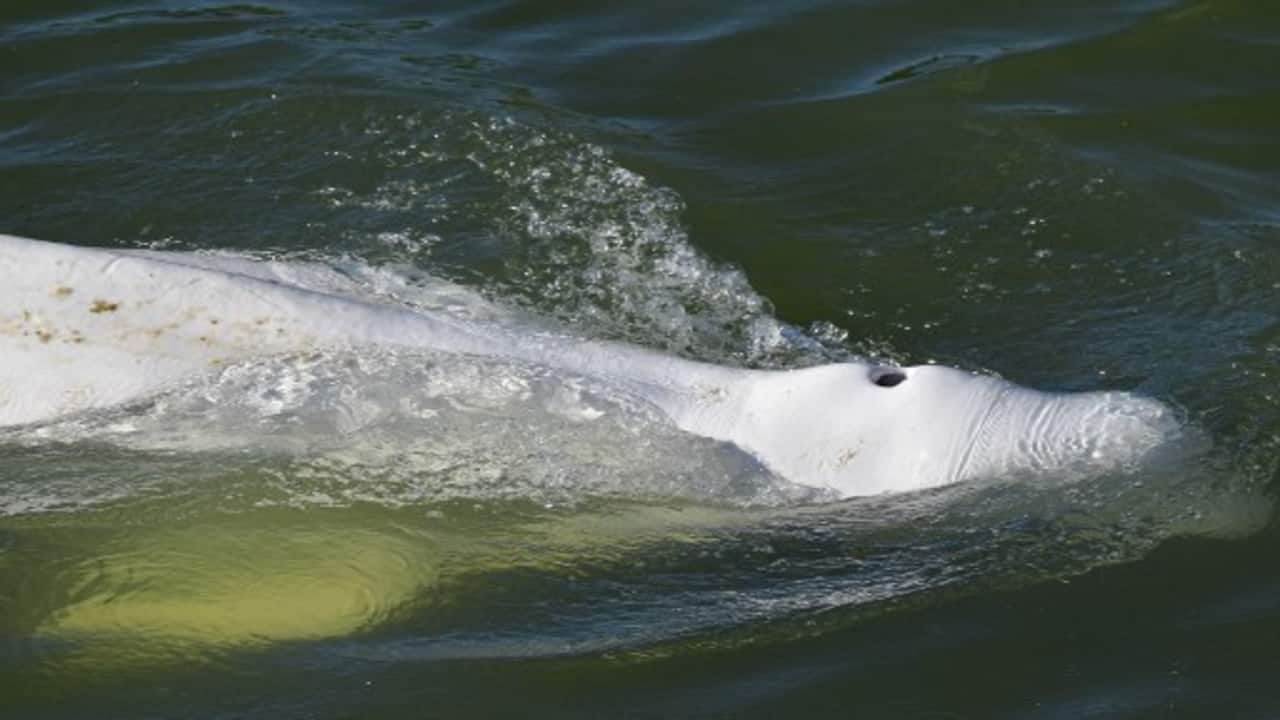As summer unfolds, the Maryland Department of Natural Resources emphasizes the seasonal return of marine wildlife to the Chesapeake Bay, its tidal tributaries, and the Atlantic Ocean. This includes dolphins, manatees, sea turtles, whales, and various other species that frequent the state’s coastal waters.

Reporting and Response Protocol
The department urges anyone spotting a marine mammal or sea turtle in Maryland waters to promptly report sightings to the Marine Mammal and Sea Turtle Stranding Response Program at 800-628-9944. Anglers, boaters, and beachgoers are particularly encouraged to be vigilant for stranded, sick, injured, or entangled animals.
If encountering a stranded marine mammal, individuals should follow specific steps:
- Do not disturb: Refrain from touching the animal, as this can cause stress or harm.
- Record details: Note the location using latitude and longitude, street address, or descriptive landmarks.
- Document observations: Estimate and record the animal’s size, color, visible body parts, and movements if it is alive.
- Capture visuals: Take photographs of the animal from a safe distance.
- Maintain distance: If feasible, stay near the animal at a safe distance until stranding response personnel arrive.
Diverse Marine Visitors
While bottlenose dolphins and loggerhead sea turtles are commonly sighted in Maryland waters, the state hosts over 25 other marine mammal species and four sea turtle species. This diversity underscores the ecological importance and rich biodiversity of Maryland’s coastal ecosystems.
The Marine Mammal and Sea Turtle Stranding Response Program collaborates closely with the National Aquarium to swiftly respond to reports of distressed marine animals across Maryland’s coastal areas. The program’s proactive approach aims to ensure timely assistance and conservation efforts for these vulnerable species.
Legal Protections and Responsibilities
Marine mammals are federally protected under the Marine Mammal Protection Act, which prohibits harassment, touching, feeding, capturing, or collecting these animals, whether alive or deceased. Similarly, sea turtles and whales are safeguarded under the Endangered Species Act of 1973, reinforcing the legal framework to preserve and conserve these species and their habitats.

As Marylanders enjoy the summer season along the shores of the Chesapeake Bay and beyond, the Maryland Department of Natural Resources urges public vigilance and responsible stewardship towards marine wildlife. By promptly reporting sightings and adhering to conservation guidelines, residents and visitors alike contribute to the protection and sustainability of Maryland’s diverse marine ecosystem.
